Choking is when the airway is blocked. There’s no sound, and the chest is pulled in as the baby struggles to breathe. Find out how to prevent it happening here.
What to do about choking
It’s only natural to think your 6-month-old won’t be able to cope with swallowing solid food because it’s new to them. Your wee one might gag to begin with but after a few tries they’ll soon get to grips with what they need to do. It just takes a bit of practice.
But choking is not like gagging and it’s important to know the difference.
What is the difference between gagging and choking?
Gagging
When your baby gags they may cough, make a little noise and go a little red in the face. But it probably won’t bother them and they’ll continue to eat.
Choking
Choking is when the airway is blocked. There’s no sound, and the chest is pulled in as the baby struggles to breathe.
How can you prevent your baby from choking?
No matter what’s on the menu, following the tips below will help reduce the risk of choking:
- Never, ever leave your baby or toddler with food or drink unsupervised!
- Make sure your baby is physically ready to try food - they need to be able to hold their head up and sit up without support in their highchair.
- Make sure they’re always sitting down to eat – if they’re moving around or lying down there’s more chance they may choke.
- Cut round foods such as grapes and cherry tomatoes into quarters and remove stones from fruit such as plums and peaches.
- Make sure you check meat and fish very carefully for bones, fat and gristle.
- Prepare food in a stick shape rather than cubes (carrots are perfect for this) so that your baby can pick it up in their fist with the top sticking out.
- Avoid any distractions in the room such as the TV, so your baby can concentrate on eating.
- Have a beaker of water within your baby’s reach.
- Make sure you keep small objects like building bricks and little toys out of your baby’s reach, so they can’t put them into their mouth.
- Have a look at our page on first food recipes.
- It’s a good idea and often reassuring to attend a first-aid course for babies so that you know what to do with cuts, scalds or choking. Ask your health visitor if they run any courses locally.
The ROSPA website has more information about choking.
 Activities & Play
Activities & Play Behaviour
Behaviour Childcare
Childcare Development & Growing Up
Development & Growing Up Family, Friends & Relationships
Family, Friends & Relationships Feeding Your Baby
Feeding Your Baby Food & Eating
Food & Eating Health & Safety
Health & Safety Mental Health & Wellbeing
Mental Health & Wellbeing Money & Work
Money & Work Online Behaviour & Safety
Online Behaviour & Safety Pregnancy & First Days
Pregnancy & First Days School & Education
School & Education Sleep
Sleep

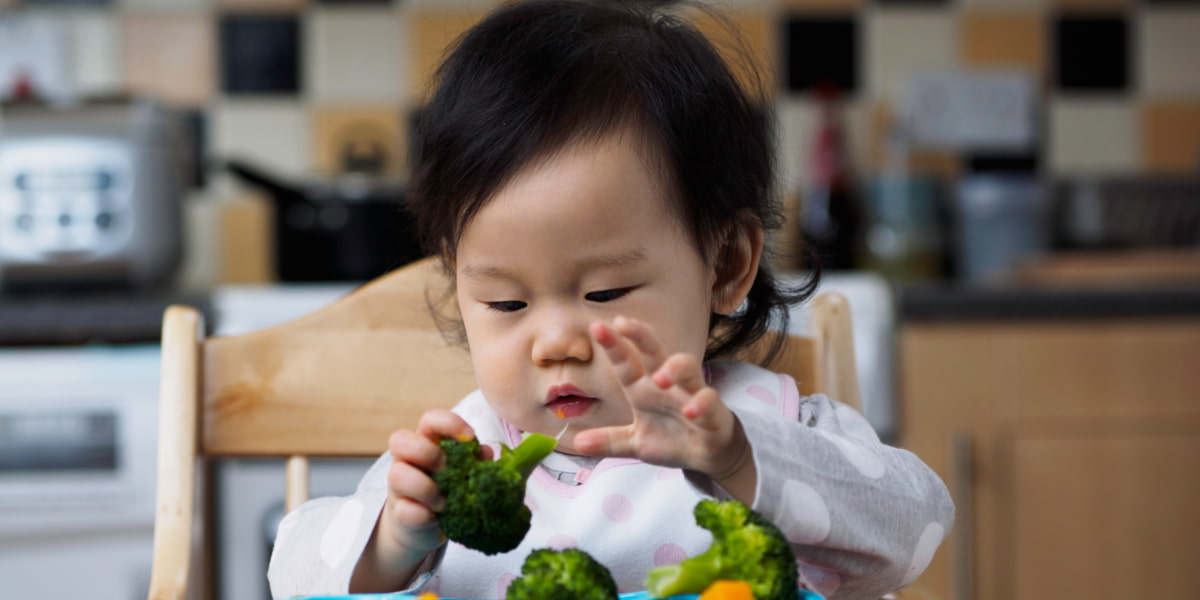
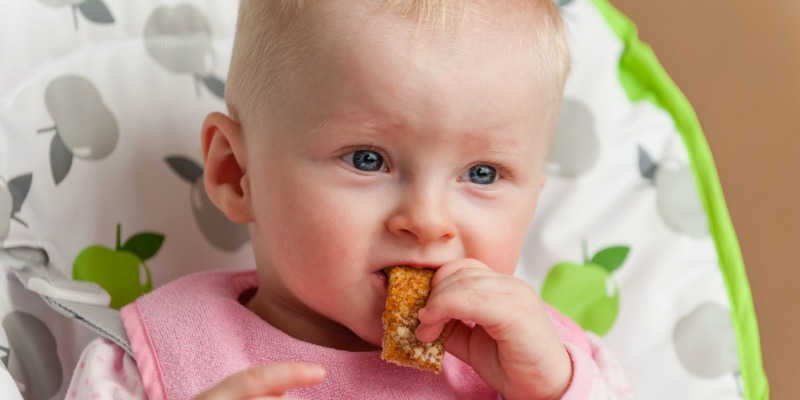
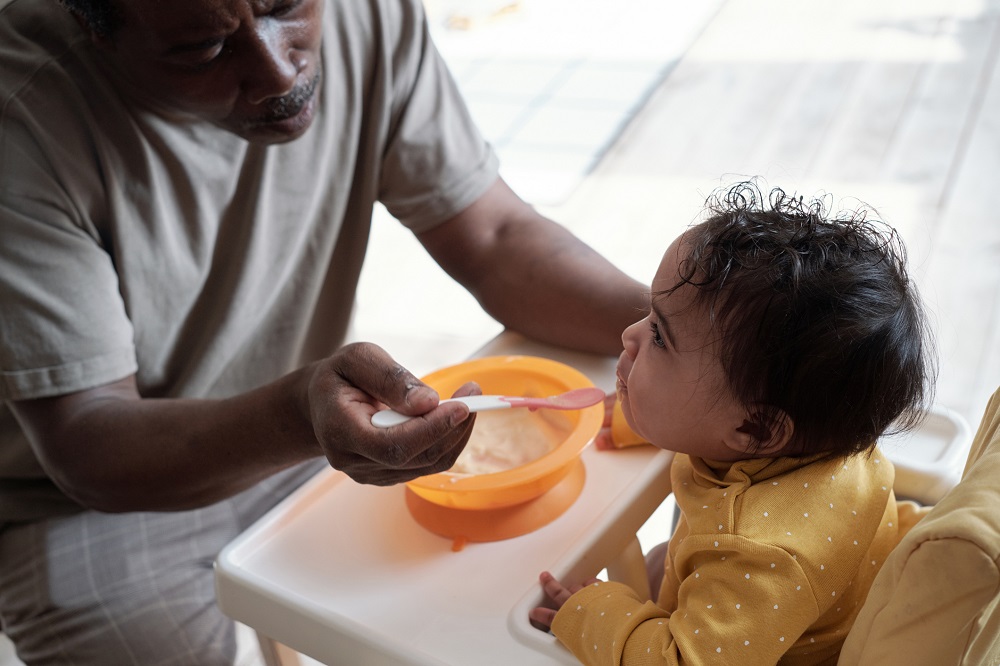
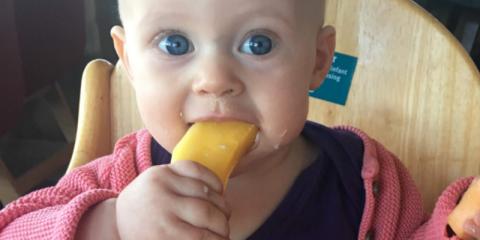
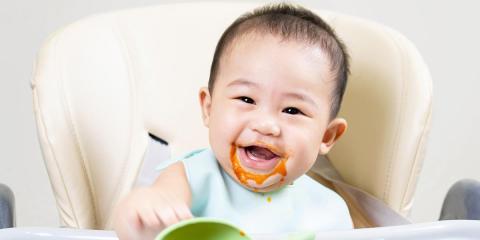
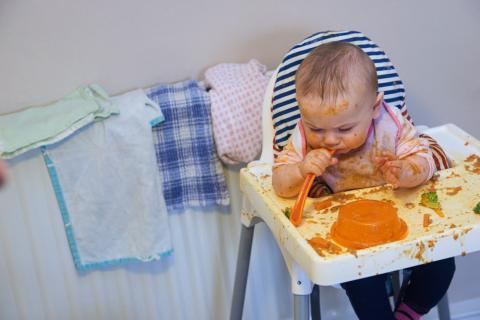

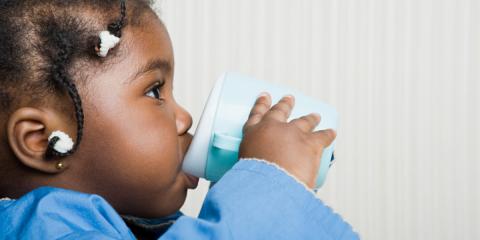

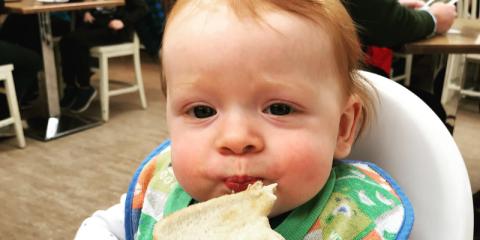
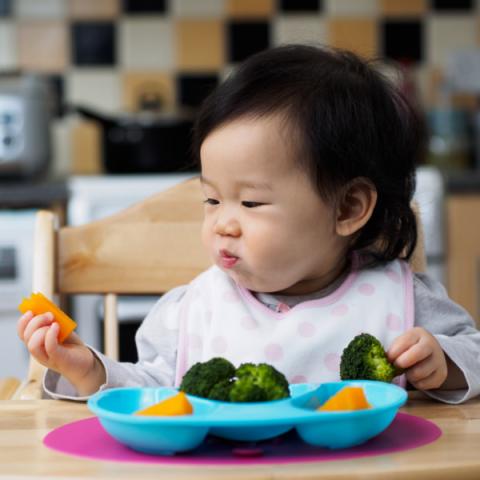
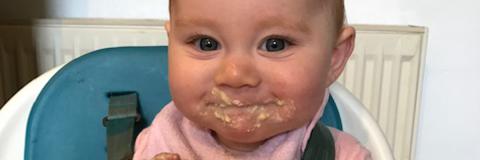
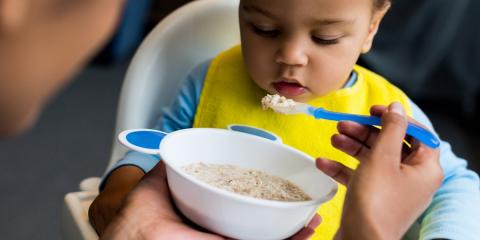
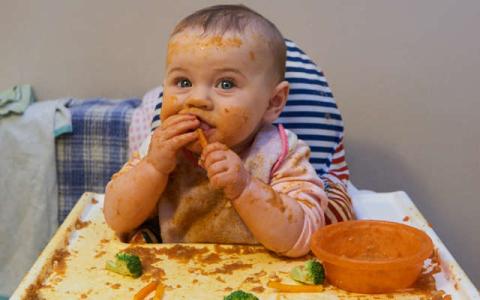

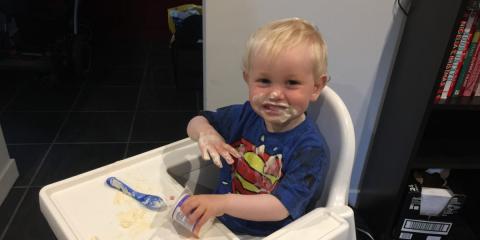
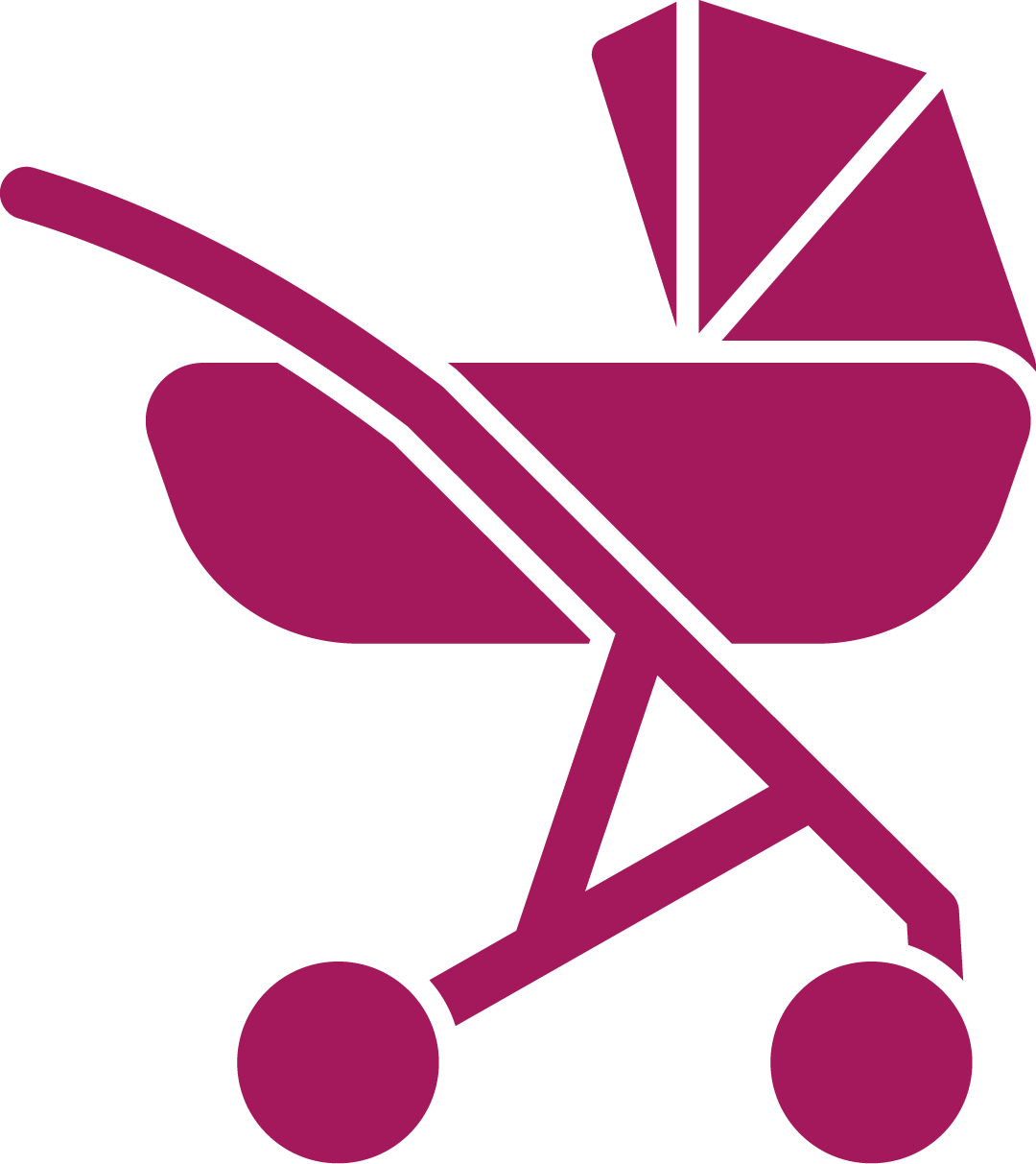 Pregnancy & First Days
Pregnancy & First Days
 Sleep
Sleep